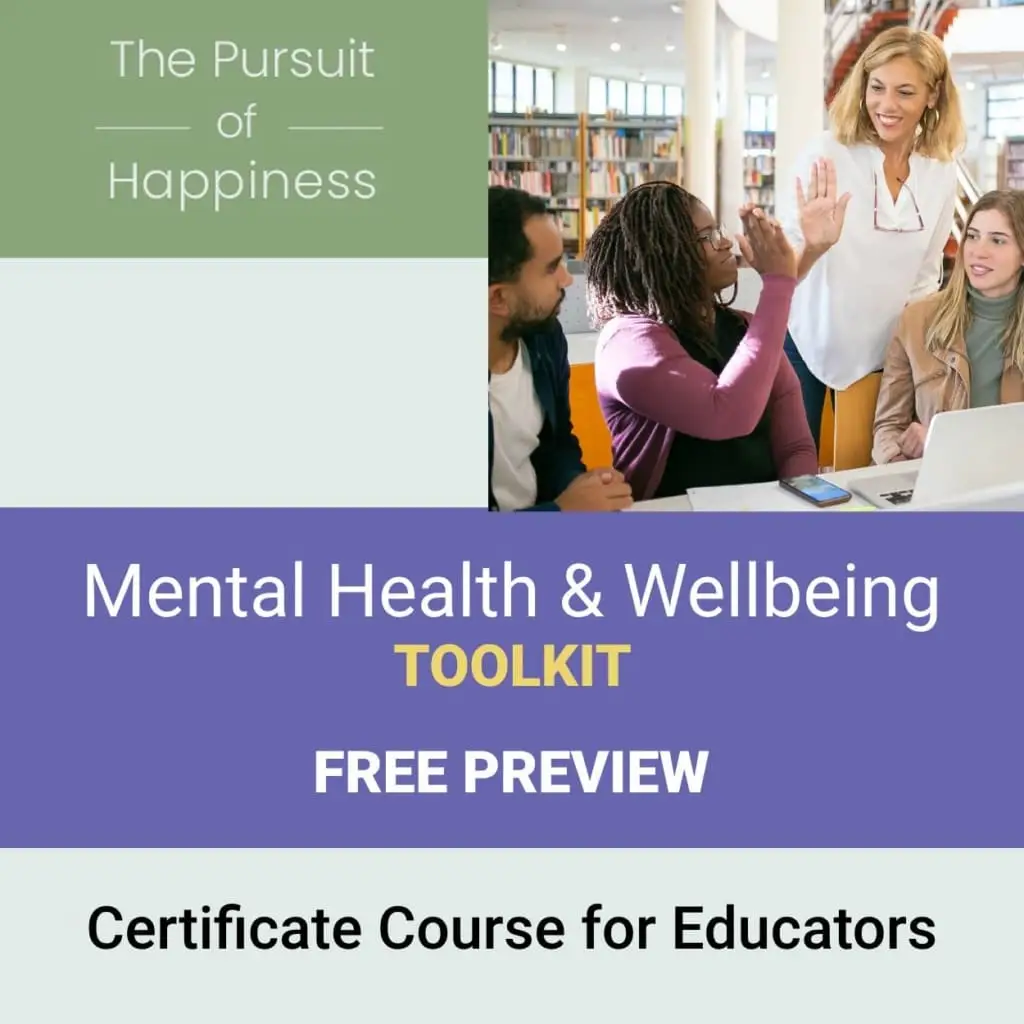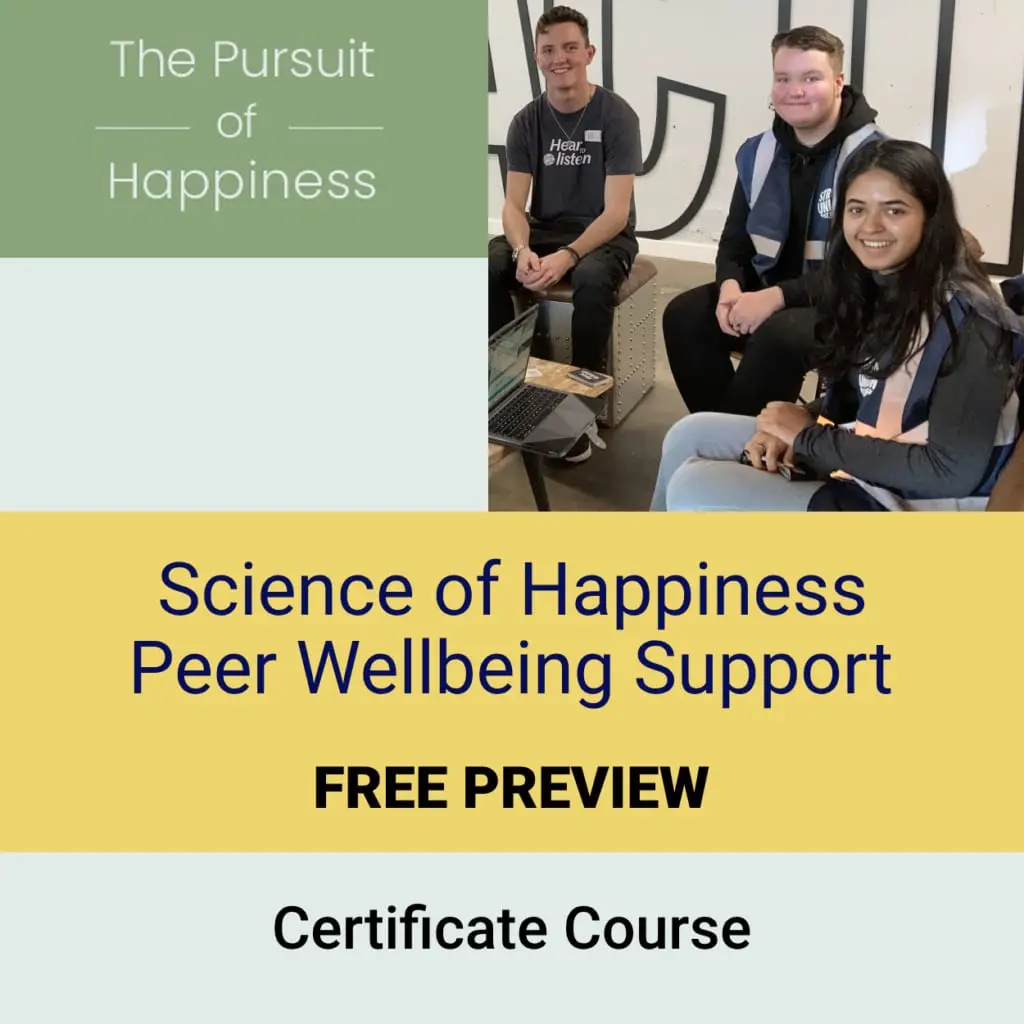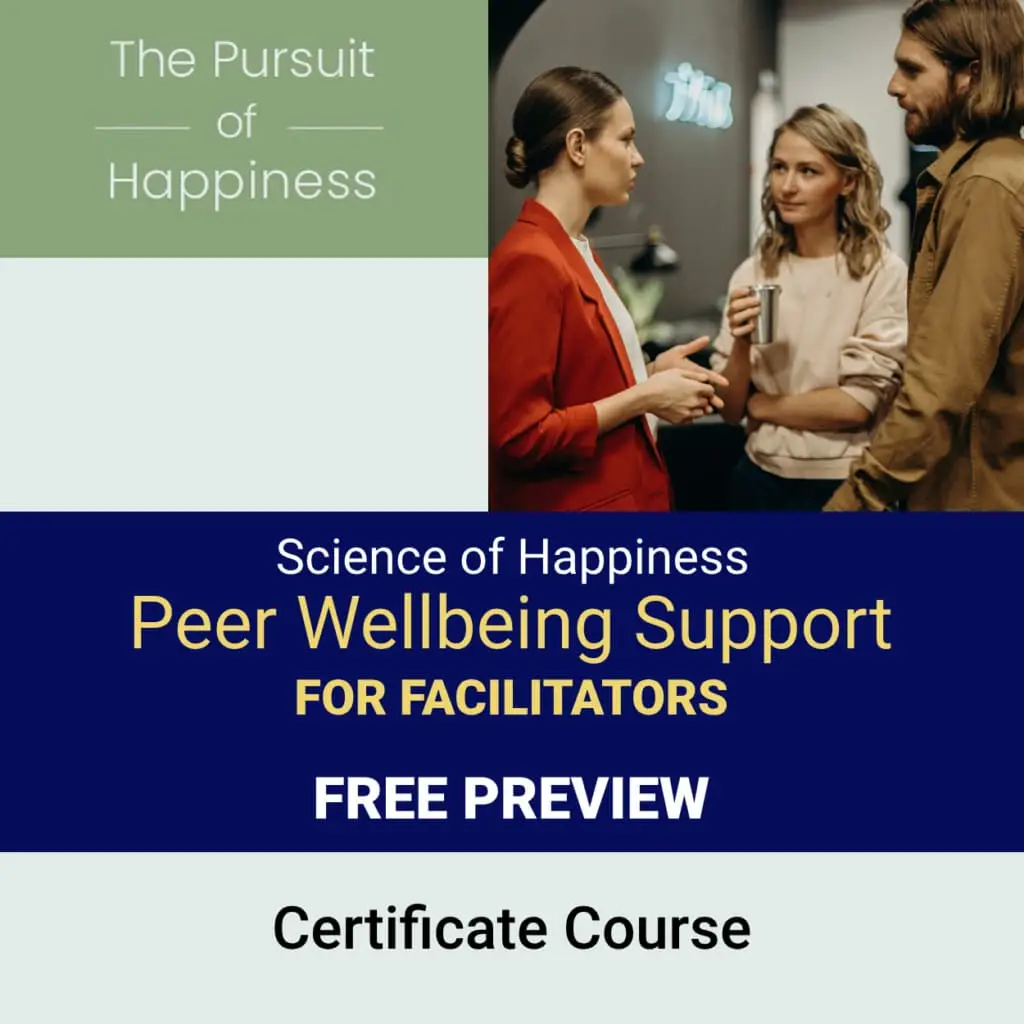Millions of individuals throughout the world struggle with the symptoms of depression. Despite the importance of obtaining professional assistance, in the US, more than 55% of adults and 60% of teenagers who have serious depression do not receive it. A significant treatment gap in mental health suggests the need for accurate information regarding depression prevention.
To provide accurate information, We will look at 11 actionable coping skills for depression that can develop well-being and happiness. We offer insights to how these abilities can be applied in daily life.
1. Share Your Feelings with Your Loved Ones

Sharing your feelings with loved ones can help you to cope with depression since it provides:
- Emotional Support: Sharing your feelings creates a support system, reminding you that you’re not alone. Loved ones can offer comfort, understanding, and empathy.
- Validation: Sharing allows others to validate your experiences, countering self-doubt. Loved ones can provide empathy, acknowledging the difficulty of your situation.
- Problem Solving:Talking about your feelings can help you come up with answers or coping mechanisms for your depression. The support of loved ones can provide fresh perspectives and tools for overcoming depression. Keep in mind that depression can drain your motivation and energy. Therefore, your family or friends’ suggestions may initially seem worthless for overcoming depression. However, in time, their assistance might motivate you to become more active.
- Strengthening Relationships: Sharing deepens connections and strengthens bonds.
Tips for Engaging with Loved Ones
- Choose trusted individuals who are compassionate and supportive.
- Find a calm, private environment for uninterrupted conversation.
- Be honest and authentic about your experiences and feelings.
- Clearly express your needs.
- Listen actively and be open to their perspectives.
To find out how good you are at sharing your feelings, you can take our Happiness Quiz.
2. Engage with Nature

Engaging with nature is a powerful way to relax and cope with depression. Being in nature provides:
- Stress Reduction: Nature’s tranquility helps calm your mind and reduce anxiety.
- Mood Enhancement: Nature uplifts your mood and evokes positive emotions.
- Mindful Presence: Being in nature promotes mindfulness and grounding in the present moment.
- Physical Well-being: Outdoor activities improve both physical and mental health.
Tips for Being One with Nature
- Seek Nature Nearby: Find local parks, forests, lakes or beaches to immerse yourself in nature.
- Join Nature Groups: Connect with like-minded individuals in hiking or outdoor clubs.
- Schedule Nature Time: Make regular appointments with nature in your schedule.
- Practice Stewardship: Engage in eco-friendly actions to give back to nature.
3. Do Kind Things for Others
Performing acts of kindness benefits both others and ourselves, playing a crucial role in preventing depression. Acts of kindness can range from donations and volunteering to simple gestures of help.
Acts of Kindness:
- Boosts Mood: Acts of kindness release feel-good hormones, promoting happiness and fulfillment. Helping others counteracts negative emotions and fosters a positive outlook.
- Builds Social Connections: Kindness strengthens social bonds, fostering a sense of belonging and support. Helping others cultivates compassionate relationships that can provide comfort during tough times.
- Shifts Perspective: Kindness brings purpose and meaning to life, shifting focus away from personal challenges. It reminds us of our ability to make a positive impact, improving overall mental well-being.
Tips for Practicing Kindness
- Identify Opportunities: Look for occasions to help in your community or surroundings, such as volunteering, or supporting causes you care about.
- Start Small: Begin with manageable acts of kindness, like listening to someone in need, or offering assistance to friends and neighbors.
- Incorporate Kindness Daily: Make kindness a routine by setting aside time each day for intentional acts of kindness, like sending uplifting messages or expressing gratitude.
- Spread Positivity: Share stories of kindness and engage in community initiatives to inspire others to join in spreading compassion.
- Practice Self-Kindness: Remember to extend kindness to yourself through self-care and self-compassion.
To learn more about coping skills for depression including acts of kindness you can enroll on our Happiness Courses.
4. Reduce Your Screen Time

Excessive screen time can contribute to depression due to:
- Disconnection from the Real World: Screen use can lead to a disconnect from social interactions, nature, and personal experiences, resulting in feelings of loneliness and reduced well-being.
- Negative Social Media Influence: Constant exposure to curated online content can foster social comparison and lower self-esteem, potentially contributing to depressive symptoms.
- Sleep Disruption: Screen use before bed can interfere with sleep, affecting mental health. Poor sleep quality can worsen depressive symptoms.
Tips for Reducing Screen Time
- Use Screen Time Tracking Apps: Utilize apps or device features to monitor and limit your screen time.
- Create Tech-Free Zones: Designate screen-free areas in your home to encourage other activities and interactions.
- Engage in Alternatives: Pursue hobbies, exercise, read, or spend time in nature as alternatives to screen time.
- Practice Digital Detoxes: Dedicate specific periods to disconnect from screens and focus on offline activities and self-care.
- Seek Offline Connections: Foster real-life social connections through meet-ups, activities, or local groups.
5. Exercise Daily (Minimum 20 Minutes)

Daily exercise, even for just 20 minutes, can effectively combat depression. Exercise triggers the release of mood-boosting hormones in the brain and can improve overall well-being. Engaging in group exercise activities can also improve social engagement, benefiting mental health.
Tips for Starting Exercise
- Start Small: Begin with manageable exercises and gradually increase intensity over time.
- Choose Enjoyable Activities: Find physical activities you genuinely enjoy, like walking, jogging, or dancing.
- Exercise with Others: Join group classes or exercise with friends to increase motivation and social connection.
- Set Achievable Goals: Set realistic goals and track your progress to stay motivated.
- Incorporate Exercise into Your Routine: Find ways to include physical activity in your daily life, like taking the stairs or biking to nearby places.
- Seek Professional Guidance if Needed: Consult a fitness professional or healthcare provider for guidance and support.
6. Schedule Your Sleep

A well-regulated sleep schedule is a crucial coping skill for depression. Quality sleep supports:
- Healthy hormone activity
- Boosts energy
- Reduce stress
Tips for High Sleeping Quality
- Set a Sleep Schedule: Establish consistent bedtimes and wake-up times to regulate your body’s internal clock.
- Create a Restful Environment: Make your bedroom comfortable and conducive to sleep with supportive bedding and a calm atmosphere.
- Reduce Screen Time Before Bed: Minimize exposure to electronic screens at least an hour before bedtime to promote better sleep.
- Establish a Bedtime Routine: Engage in relaxing activities like listening to soothing music, practicing meditation or gentle yoga, to prepare your body for sleep.
- Practice Healthy Habits: Maintain a balanced diet, limit caffeine and alcohol intake, exercise regularly, and avoid heavy meals close to bedtime.
- Seek Professional Help if Needed: If you experience persistent sleep problems, consult a healthcare professional for further evaluation and guidance.
7. Eat Healthy

Maintaining a healthy diet is vital for managing depression and promoting overall well-being. The food we eat affects hormone production and body functioning, influencing our mood.
Tips for Eating Healthy
- Choose Fresh Fruits: Swap processed snacks for fresh fruits, which provide nutritious and satisfying alternatives.
- Increase Vegetable Intake: Cook and incorporate a variety of vegetables into your meals to enhance their nutritional value. Also, you can eat fruits as some snacks rather than unhealthy chips or similar.
- Opt for Whole Foods: Focus on whole grains, lean proteins, and healthy fats like nuts, seeds, and plant-based oils.
- Limit Processed Foods: Minimize your consumption of packaged foods that are high in sugars, unhealthy fats, and artificial ingredients.
- Stay Hydrated: Drink enough water throughout the day to stay properly hydrated and limit sugary beverages.
- Modify Desserts: Replace sugary desserts with healthier options like yogurt topped with fresh fruits or small amounts of dark chocolate.
8. Find Your Unique Strength
By leveraging your strengths and aligning your work with your passions, you can experience a sense of:
- Purpose
- Fulfillment
- And make a meaningful contribution to society.
So, it is a coping skill for depression.
Tips for Finding Unique Strengths
- Reflect: Consider your interests, values, and skills to identify areas that bring you joy and where you excel.
- Identify Strengths: Recognize your unique strengths, such as problem-solving, communication, creativity, empathy, or leadership.
- Explore Fields: Research different fields and career paths that align with your interests and strengths. Gain experience through volunteering or internships.
- Start Small: Focus on making a positive impact, even on a smaller scale, rather than finding a job that solves major problems.
- Embrace Growth: Seek personal and professional growth through courses, workshops, and networking.
- Collaborate: Connect with like-minded individuals and organizations to collaborate and work towards shared goals.
Remember your unique strength that you dedicate to society should not be a groundbreaking thing such as finding a cure for cancer. Being a good teacher with influence on students, if you like your job can count as finding unique strength and using it for society.
9. Think Positive
By adopting a positive mindset and focusing on what you can control, you can reduce:
- Your anxiety and depression
- Learn from your experiences
- And cultivate resilience.
Tips for Building a Positive Mindset
- Self-Awareness: Pay attention to negative thought patterns and work on changing them. You can start with determining external controls which you have no control over.
- Focus on Solutions: Instead of dwelling on problems, seek proactive solutions.
- Reframe Negative Thoughts: Replace negative thoughts with positive and empowering ones.
- Practice Gratitude: Reflect on what you’re grateful for to shift your focus to the positive.
- Surround Yourself with Positivity: Seek out supportive people and uplifting content. For instance, start more comedy films or listen to uplifting songs.
- Celebrate Small Wins: Acknowledge and celebrate your achievements, no matter how small.
10. Find a Hobby

Engaging in a hobby can be a helpful coping skill for managing depression since it provides a sense of flow and you do not understand how time flies.
Tips for Finding a Hobby
- Explore Your Interests: Consider activities that make you happy or curious. It could be something academic like stargazing, physically active like playing basketball, or artistic like learning a new instrument.
- Start Small: Learn the fundamentals first, then as you gain experience, aim to get better. If basketball is your hobby, for example, start with turnstiles rather than 3-pointers.
- Practice and Persistence: Be patient with yourself as you learn new things. Make a schedule for yourself to work on your passion.
- Make learning practices more enjoyable: There are often methods to enhance your enjoyment of learning. One way to do this can be starting a hobby with your friends. Or, if you wish to perform rock & roll music on an electric guitar for instance, you can substitute some cool Beatles riffs for boring finger exercises.
- Seek Guidance: Join clubs or online communities related to your chosen hobby.
- Set Goals: Challenge yourself and track your progress.
11. Stay in the Present Moment

Staying present you can reduce:
- Stress
- Enhance self-awareness
- And find greater peace.
So, it is a valuable coping skill for managing depression.
Tips for Staying Present
- Practice Mindfulness: Engage in exercises like deep breathing, yoga or mindful meditation to anchor your attention to the present.
- Observe Sensations: Focus on your senses to bring yourself into the present moment.
- Let Go of Judgment: Adopt a non-judgmental attitude towards your thoughts and emotions.
- Single-Tasking: Give your full attention to one activity at a time.
- Gratitude Practice: Reflect on things you are grateful for to shift your focus to the positive.
- Mindful Breathing: Use your breath as an anchor to bring yourself back to the present moment.
For comprehensive knowledge and practical guidance on excelling in coping skills for depression, consider exploring our Happiness Courses. These courses provide in-depth understanding and practical application of various techniques to promote well-being and happiness.





